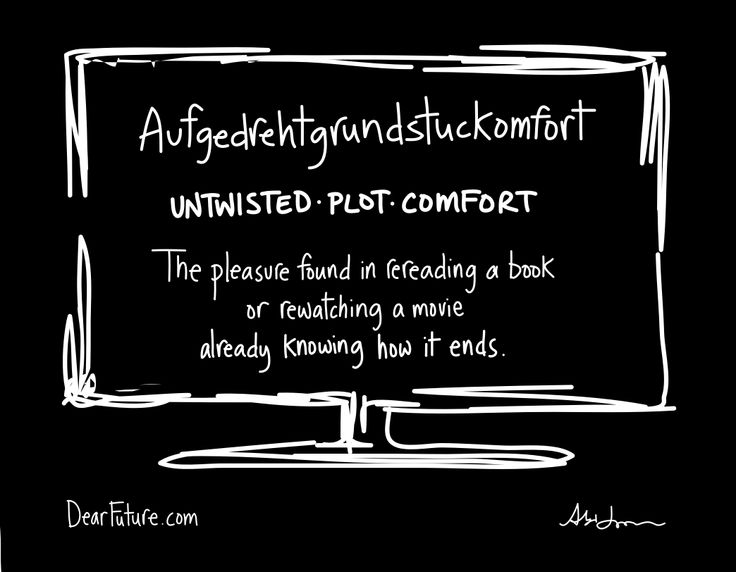If I have any recurring themes at all in my blog writing — aside from babbling about Star Wars, of course — they must surely be the intertwined issues of aging and memory. I make no secret of the fact that I loathe the first and wallow in the second, and would dearly love to find solutions to both, i.e., to stop, slow, or otherwise improve my physical aging while also making certain my memories endure somehow. No doubt this is why some recent ruminations by the Scottish sci-fi writer Charles Stross caught my eye, and have continued to rumble around in my head since I first ran across them a couple weeks ago.
I apologize in advance for quoting so much of Charlie’s post — I might be pushing the limits of “fair use” here — but I’m frankly not sure of where I could insert ellipses and still retain the impact of his ideas. And for what it’s worth, his original entry — which you absolutely must read in its entirety if this subject interests you at all — is long enough that I’m still only quoting a comparatively small part of it. At least that’s how I’m rationalizing it.
Anyhow, here’s Charlie’s speculation on what might happen to the problem of physical deterioration in the near future:
Let us suppose that in the next couple of decades we develop a cure for the worst problems associated with senescence. We figure out how to reverse the cumulative damage to mitochondrial DNA, to reset the telomere end caps of stem cells without issuing carte blanche to every hopeful cancer in our bodies, to unravel the cumulative damage of prion proteins, to tame the cumulative inflammation that causes atherosclerosis, to fix the underlying mechanism behind metabolic syndrome (the cause of hypertension and type II diabetes).
We now have a generation of 70 year olds who in 20 years time will be physiologically in their 40s, not their 90s. At worst, they’re no longer in the steep decline of late old age: at best, they’re ageing backwards to their first flush of adult fitness.
You’re one of them. You’re 25-60 years old now. You’re going to be 55-90 years old by then. Unlike today’s senior citizens, you don’t ache whenever you get out of bed, you’re physically fit, you don’t have cancer or heart disease or diabetes or Alzheimer’s, you aren’t deaf or blind or suffering from anosmia or peripheral neuropathy or other sensory impairments, and you’re physically able to enjoy your sex life. Big win all round.
Dear lord, I like the sound of that… especially the bits about curing diabetes and still being, ahem, up for a lusty romp at 90. But wait! There’s apparently a catch (isn’t there always?):
But your cognitive functioning is burdened by decades of memories to integrate, canalized by prior experiences, dominated by the complexity of long-term planning at the expense of real-time responsiveness. Every time you look around you are struck by intricate, esoteric cross-references to that which has gone before. Every politician, celebrity, actor, blogger, pop star, author … you’ve seen someone like them previously, you know what they’re going to say before they open their mouth. Every new policy or strategy has failure modes you recognize: “that won’t work” is your usual response to change, not because you’re a curmudgeonly pessimist but because you’ve been there before.
Maybe you’re going to make extensive use of lifeloggers or external prosthetic memory assistance devices—think of your own personal google, refreshing your memory whenever you ask the right question—or maybe you’re going to float forward in time through a haze of forgetting, deliberately shedding old context to make room for fresh. Some folks try for rolling amnesia with a 40-70 year horizon behind them. You gradually lose contact with such people because they just don’t want to know you any more. Others try to hang on to every experience, wallowing in the lush, intricate texture of an extended lifespan until their ability to respond is so impaired that they appear catatonic.
Which are you going to be? And how will you cope with a century of memories contained in the undecaying flesh of indefinitely protracted adulthood?
Now there’s a wrinkle I confess has never occurred to me in all my fantasizing about immortality: being weighed down by memories and associations to the point of becoming non-functional… a pretty horrifying concept, really. In fact, I’ve always assumed the opposite would be the problem for someone with an extremely long lifespan, i.e., not being able to remember things. During the ’90s, I became a tremendous fan of the Highlander movie-and-TV-series franchise, especially the television series starring Adrian Paul, and while I learned to overlook such improbabilities as people being able to hide broadswords under short jackets, the one thing that always bothered me was the way our heroes always remembered fellow immortals they’d encountered for five minutes several centuries earlier. Personally, I can’t remember some of the people I worked with every day only a few years ago, let alone someone from the 1700s. Just once, I would’ve loved it if some black-clad hulking bad-ass had said, “At last… vengeance is mine!,” only to have Duncan MacLeod respond, “Have we met? Who are you again?” (I suppose you could rationalize that The Quickening, the mystical force that makes Highlander‘s immortals, well, immortal could also somehow augment their memories — there is some suggestion that The Quickening is, in part, an accumulation of the knowledge and experience of the immortals who’ve been killed in battle — but of course it’s never explicitly stated that way.) If Stross is right, though, then Duncan and the others ought to be drooling idiots incapable of doing much of anything, let alone fighting and loving and selling antiques and such.
Which reminds me of another franchise entirely, the Vampire Chronicles of Anne Rice. Specifically the characters known as “Those Who Must Be Kept,” Akasha and Enkil, the very first vampires, who never move, never speak, never show any signs of awareness, and who are watched over and protected from harm by younger immortals. It’s always something of a mystery to the other vampires as to why, exactly, they have withdrawn and become essentially statues… perhaps the cause is something like what Stross is proposing… the weight of memory has finally overwhelmed them.
Or perhaps it’s another problem entirely that’s suffered by Rice’s immortals: the fact that the world moves on and evolves, while they themselves, and specifically their paradigm for viewing the world, does not, at least not without them making a real effort to keep up. One of the recurring ideas in the Vampire Chronicles is that the older vampires create younger proteges, in part, to help them get along in the modern world that they do not understand. In the recently published Prince Lestat, the title character, our brash, irrepressible, unstoppable hero of the whole series, admits he has a weakness when it comes to modern technology. He is, in fact, quite hopeless with computers and cellphones… he’s learned to use them several times, but if he neglects them for any stretch of time without using them, he loses his skills with them and has to begin all over. This is highly plausible to me… and in fact, I feel that way quite often myself and I’m only four and a half decades on this earth. Could anyone raised in a particular time and place realistically expect to function after a century or two of change, even if you make an effort to remain up to date? Wouldn’t the world eventually become so strange, so alien to your original starting point, that you may as well be another world altogether?
Maybe that’s where Stross’ idea of abandoning earlier memories becomes necessary. But I have to admit, that notion is just as horrifying to me as becoming completely dysfunctional. The line “you gradually lose contact with such people because they just don’t want to know you any more…” is terrifying to me in that it seems almost inhuman in its emotional coldness.
Interesting food for thought, isn’t it? And yet… even with the memory-related downsides, the idea of conquering the ‘betes and being physically much the same as I am now in another 50 years… that’s pretty irresistible even with the costs involved…
 Trust the Germans to put a (lengthy) name to a nearly ineffable emotional concept. I need to remember this the next time somebody gives me static about how many times I’ve seen the old shows I like instead of constantly seeking out the new…
Trust the Germans to put a (lengthy) name to a nearly ineffable emotional concept. I need to remember this the next time somebody gives me static about how many times I’ve seen the old shows I like instead of constantly seeking out the new…


